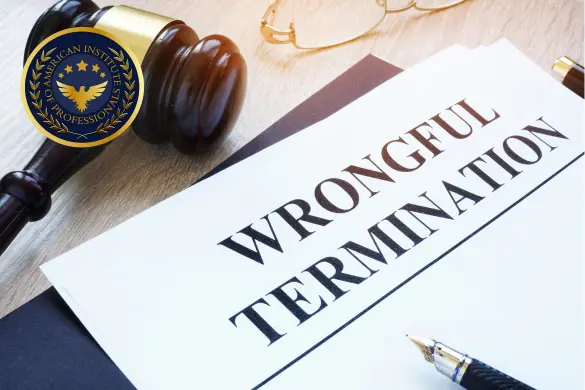Common law marriage is a form of marriage that many people might not fully understand. Unlike a traditional marriage, which involves a formal ceremony and a marriage license, common-law marriages arise from a long-term relationship where a couple lives together and presents as married.
This type of union is considered valid in some states, giving couples the same rights and responsibilities as those with a formal wedding. However, not all states recognize this marital status, which can lead to confusion and legal complications.
Let’s explore the recognition of common-law marriages across different states.
What is Common Law Marriage?
A common law marriage is a union considered valid under certain state laws even without a formal ceremony. This type of relationship exists between two people who are free to marry, live together as a married couple, and consider themselves married.
Unlike a formal marriage, a cohabitation marriage does not require a wedding or official registration. However, in some states, this intimate relationship must meet additional requirements similar to those in a domestic partnership.
Need legal assistance?
Requirements for Common Law Marriage
- Cohabitation period: For an informal marriage to be recognized, the couple must live together continuously for a specified period, which varies by state. This requirement applies to both opposite-sex and same-sex couples.
- Mutual agreement to be married: There must be a mutual agreement, meaning both partners consider themselves in a legal marriage without needing a marriage certificate.
- Public acknowledgment as a married couple: Common-law spouses must publicly acknowledge their relationship as a marriage, fulfilling the legal requirements similar to traditional marriages.
States That Recognize It
Here are the states that recognize this type of marriage for unmarried couples:
- New Hampshire
- Oklahoma
- Alabama
- Colorado
- Iowa
- Kansas
- Montana
- South Carolina
- Texas
- Rhode Island
- Pennsylvania
- Ohio
- Indiana
- Georgia
- Florida
It’s worth noting that although Utah does not have a common-law marriage, you can request the court to recognize your relationship as a marriage even without a formal ceremony. If the court approves, you will be considered married from the date the requirements were met.
States That Don’t Recognize It
Below are the states that don’t recognize common-law relationships:
- Alabama
- Georgia
- Indiana
- Ohio
- Pennsylvania
- South Carolina
In states like Florida, any common-law marriage entered into after January 1968, is considered void. This means couples in these states will not have their relationships legally acknowledged, impacting their rights to property, inheritance, and spousal support.
Similarly, common law marriage in California is not legally recognized; however, California will recognize such marriages if they are valid in the state where they were formed. Common-law marriages receive equal treatment to formal marriages and can be authenticated using formal documents or sworn statements.

What to Do If Your State Does Not Recognize Common-Law Couples
Steps couples can take to protect their legal rights:
- Draft legal agreements such as cohabitation agreements, wills, and powers of attorney.
- Consider formal marriage options to establish legal recognition.
- Secure property rights through joint ownership or legal documentation.
- Arrange custody agreements for children through court-approved arrangements.
- Consult a family law attorney to navigate the complexities of non-ceremonial marriages and ensure proper protections are in place.
Protect Your Rights with Expert Advice
Understanding whether common law marriage in California or your state is recognized is crucial for couples in non-ceremonial marriages. Mutual consent and meeting specific legal requirements can affect marital rights, such as property rights and child custody.
It’s essential to stay informed about state laws to protect your interests. For personalized advice and guidance on navigating these complexities, consult a family law attorney who can provide tailored legal insights and recommendations.





